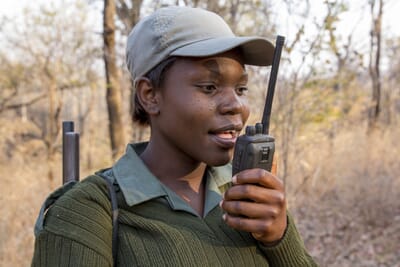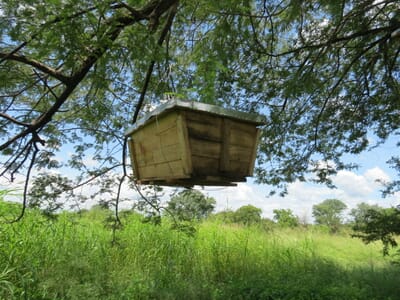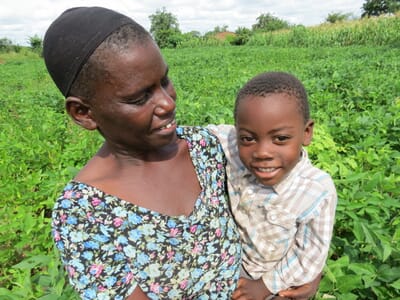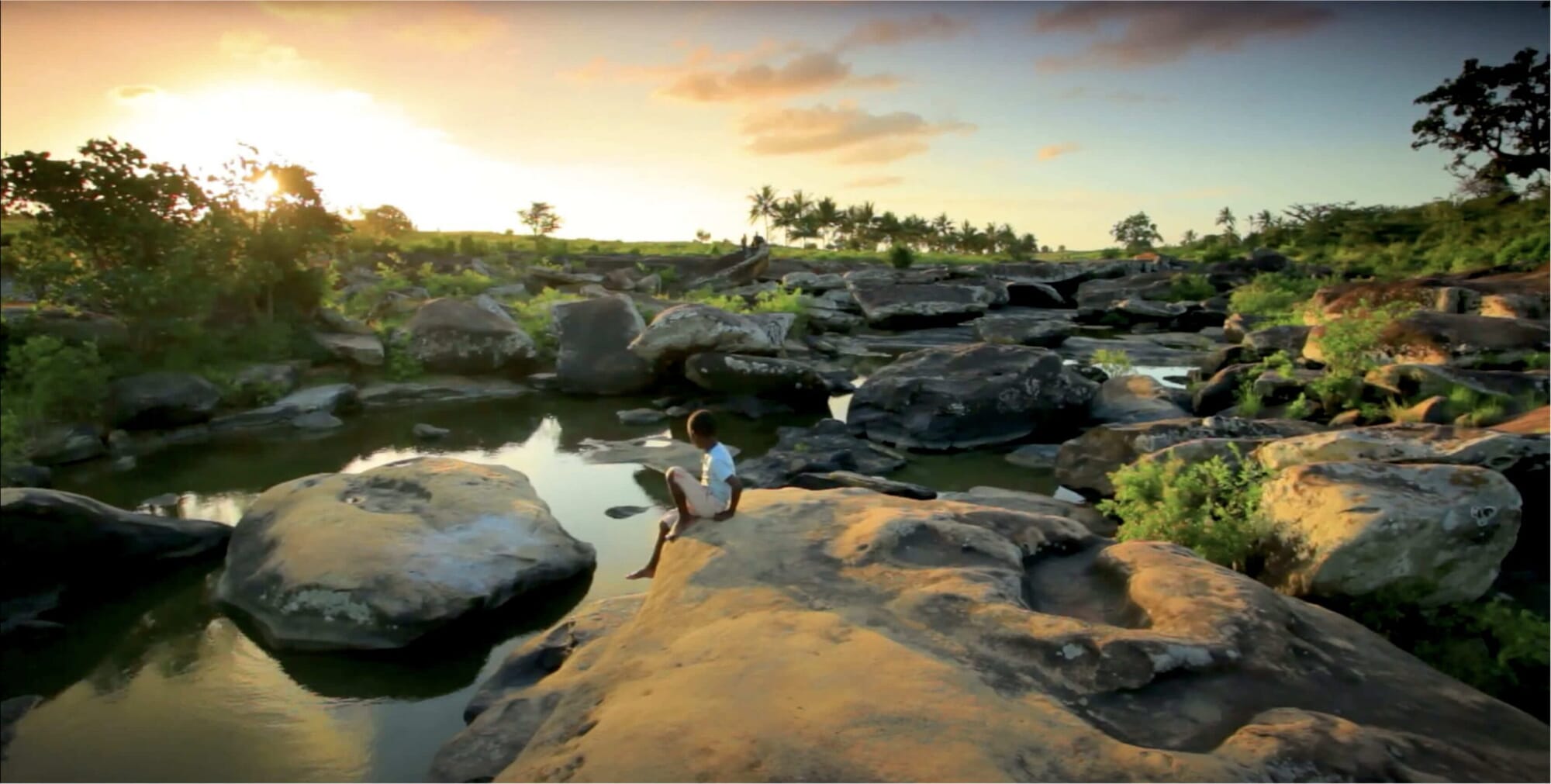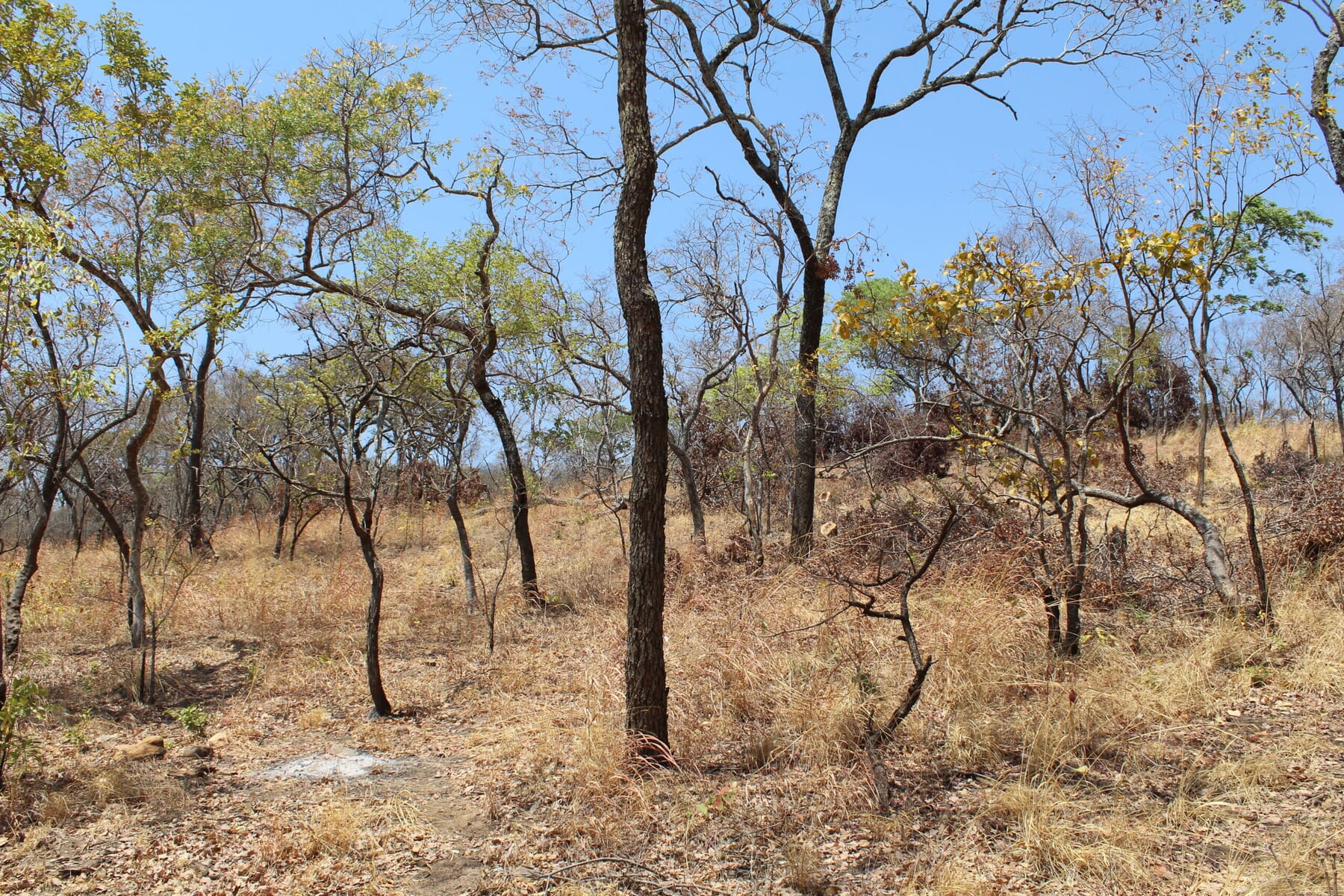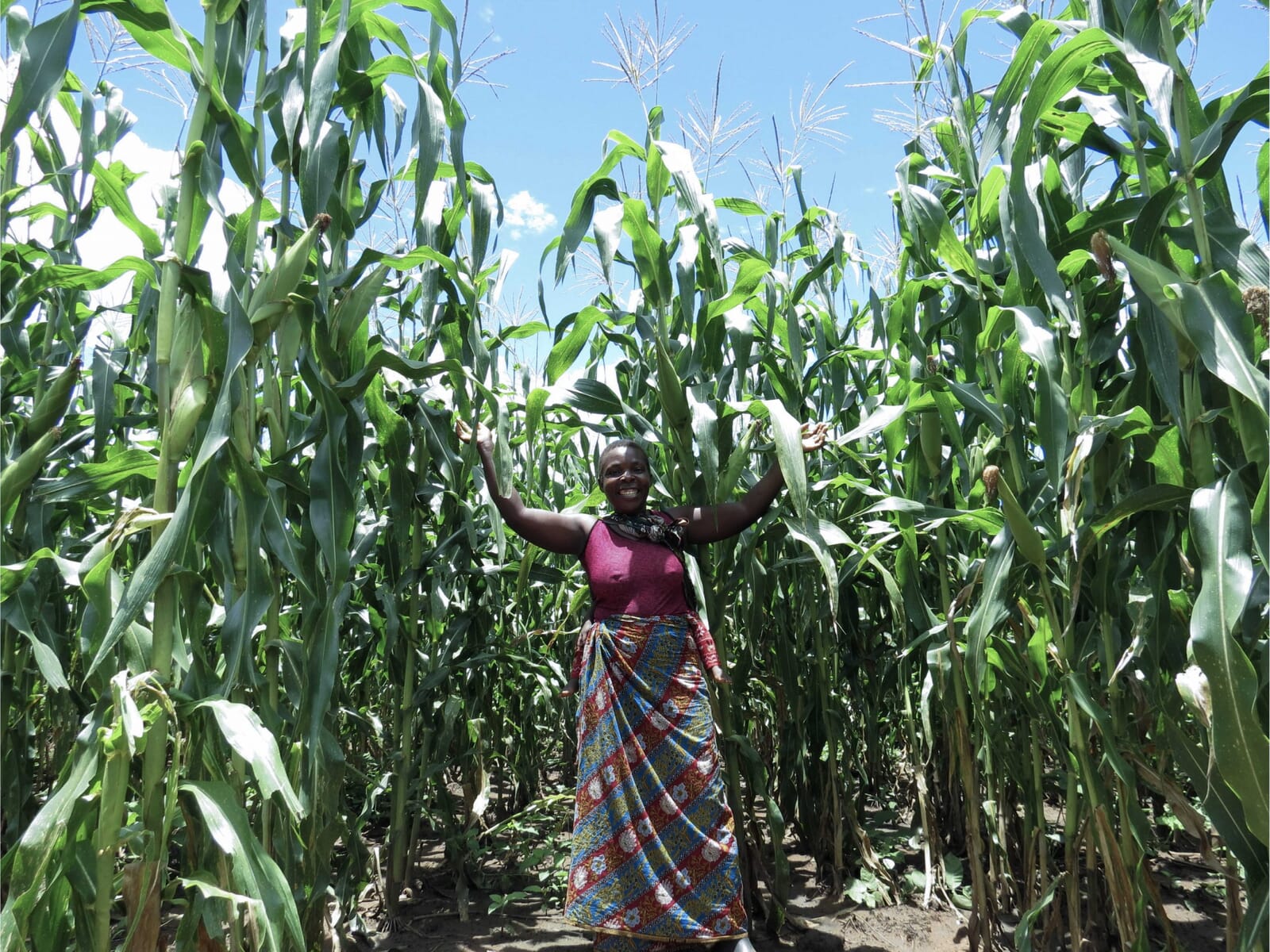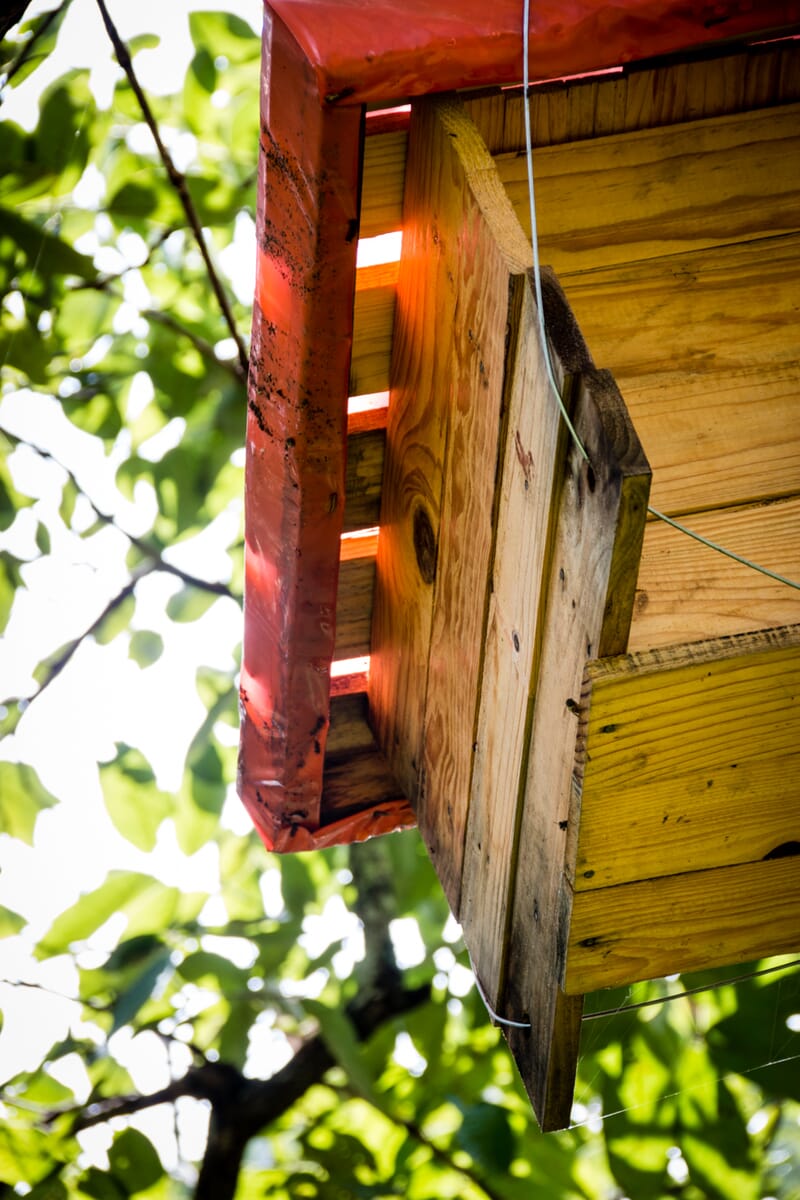Resource Protection
BCP supports Community Scouts to patrol the community forests under REDD+.
Nature's Nectar
Sustainable and climate-friendly honey production for people and planet.
Climate Smart Agriculture
Food security and a sustainable future for some of Zambia's most nutrition insecure families.
Legacy Forests is an independent legal entity registered as a non-profit within Zambia, whose role is to support fundraising initiatives to expand community based efforts and activities that are aligned with BCP’s mission of making conservation of wildlife habitat valuable to people. Legacy Forests proudly supports a range of community based livelihood initiatives as well as large-scale conservation and forest protection efforts under its 3 Pillars: Conservation, Biodiversity and Livelihoods. When communities have an incentive to protect their forests and wildlife, it is a win for the communities, a win for biodiversity, and a win for our planet!

